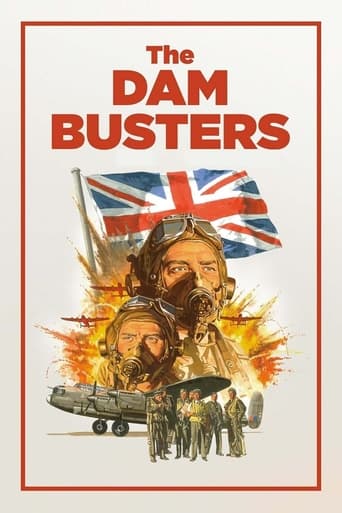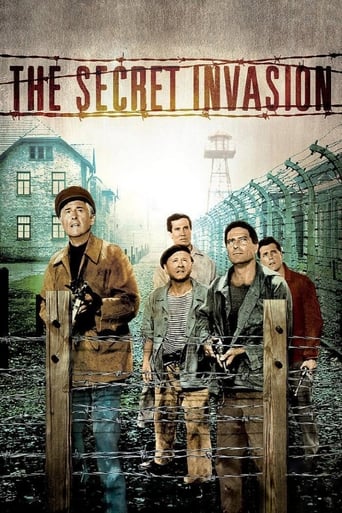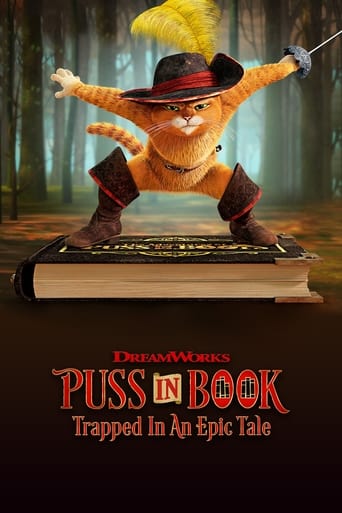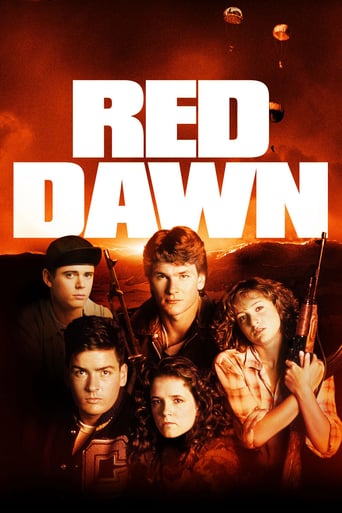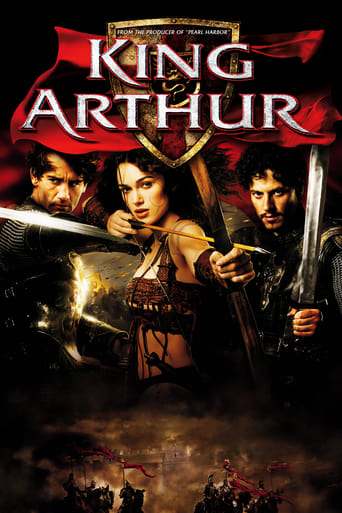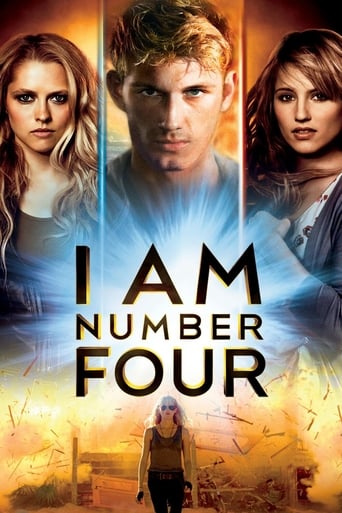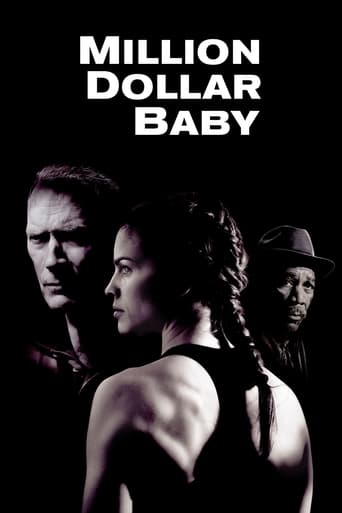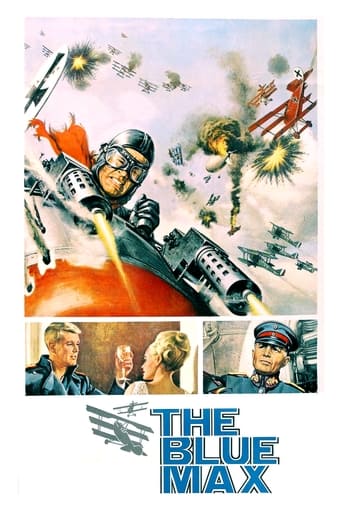


The Blue Max
A young pilot in the German air force of 1918, disliked as lower-class and unchivalrous, tries ambitiously to earn the medal offered for 20 kills.
-
- Cast:
- George Peppard , James Mason , Ursula Andress , Jeremy Kemp , Karl Michael Vogler , Anton Diffring , Harry Townes


Similar titles
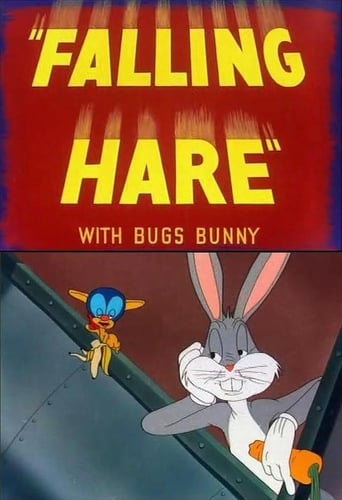
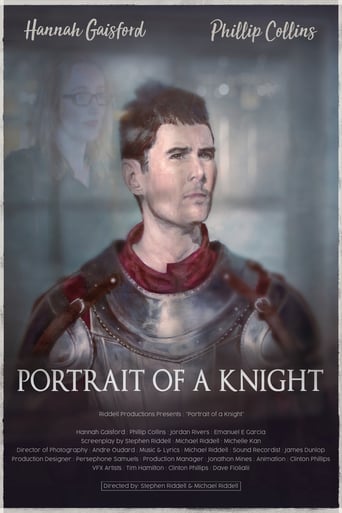
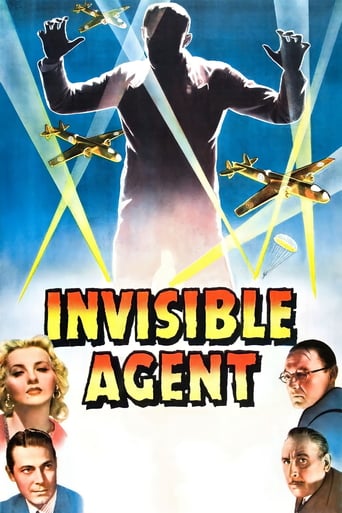
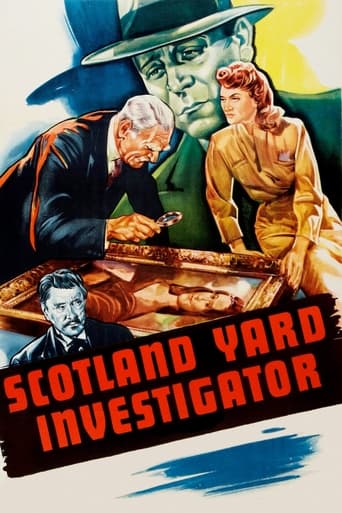
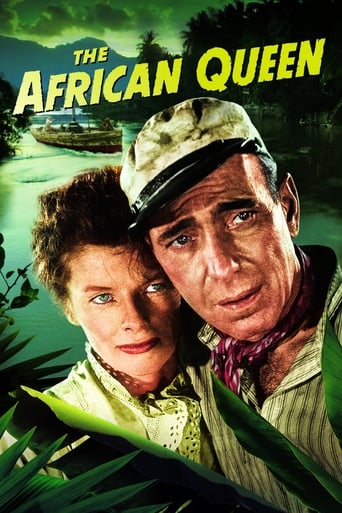

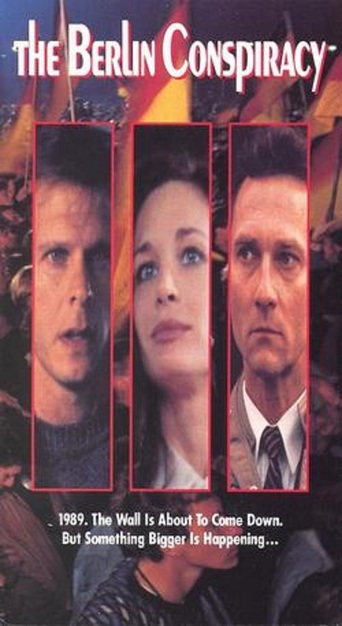
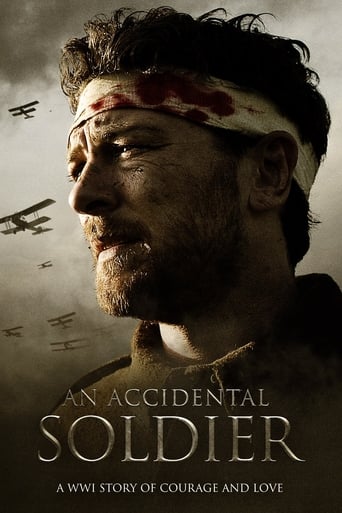
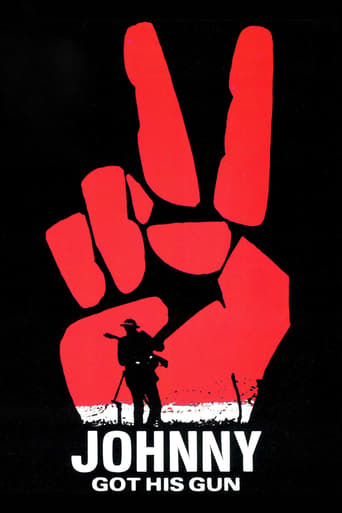
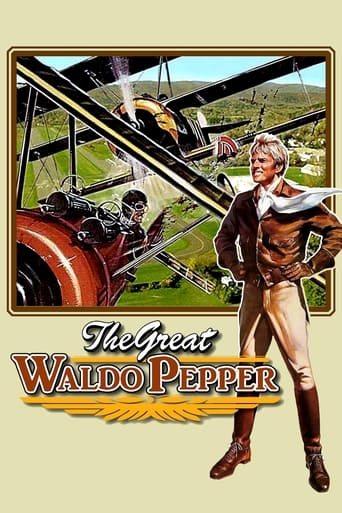
Reviews
The Worst Film Ever
Really Surprised!
Must See Movie...
Clever, believable, and super fun to watch. It totally has replay value.
World War I set the template for the bloody 20th century. The Great War, as it was known until World War II, created thousands of heroes. It consumed millions of lives, broke millions of hearts, and damaged millions of psyches. It revealed the murderous implications of technology (much to the shock of Victorians who believed that science and technology represented pure and undiluted progress). It exposed the mendacity of governments, financiers, and elites, thereby destroying the naive trust of the 19th century, when governments and elites were actually believed. ("The last one of all," said the French of this war. "The war to end war" said President Wilson. Mm-hmm.)The Great War has gotten a fair bit of filmic attention, although not as much as it deserves, and not nearly as much as WW II. For me, the movies of WW I that stand out, that are worthy of four stars, are "Lawrence of Arabia," "Paths of Glory," "The Grand Illusion," "A Very Long Engagement," "King & Country," and "La Grande Guerra." I give a solid three stars to "Gallipoli," "The White Ribbon," "Wings," and several others including "The Blue Max."The air war of World War I was epic and highly photogenic. The aerial scenes in "The Blue Max" are excellent and generously long.Most of the acting is very fine. I would especially mention Karl Michael Vogler as the squadron leader; he's entirely convincing. Vogler was a major presence in German film for many years; he appeared only occasionally in Hollywood productions but was always good--for example, his work as Rommel in "Patton," where his weary walk and subdued ferocity perfectly capture the ailing field marshal circa 1943-44.A character actor named Harry Towb plays Vogler's aide-de-camp. He's very strong in the role. I looked him up. He too is in "Patton"--he's the cook who gets chewed out by the general: "Where's your helmet?" demands Patton. "HELMET? General, sir, I'm a COOK!" "You're a soldier. Twenty dollar fine." (That, by the way, is a week's pay.) Stanley Kubrick, who had a gift for finding excellent understated actors, liked Towb's work and cast him as the innkeeper in "Barry Lyndon."George Peppard is OK here. I'm not a Peppard fan--the stiffness and utter lack of depth get to me after a while--but he works hard to portray a guy with a major chip on his shoulder (maybe Peppard's real-life chip helped). One wonders what a good actor might have done with this meaty role. (Michael Caine comes to mind in this regard; also Robert Redford, Oliver Reed, and Warren Beatty.)This film was nearly the last gasp for Peppard's dreams of becoming a superstar. He had been groomed for the spotlight for years ("How the West Was Won," etc.) but it never quite worked out. A year after this film came out, he got second billing to Rock Hudson in the pretty bad "Tobruk," and a year after that starred with Mary Tyler Moore in "What's So Bad About Feeling Good?" which was seen by exactly four people. Peppard's next stop, basically, was TV, where he kept body and soul together for years (despite getting fired from "Dynasty" for being a jerk; John Forsythe got the gig and perhaps wept tears of joy).Ursula Andress is spectacular here. She is at her luscious best, and may I just say, damn that stupid towel. James Mason is good. The glimpses of Berlin streets are interesting. The cameo by the Red Baron is fun. I wonder if there's any connection between the baron's appearance in this film (which was shot in 1965) and Snoopy's charming fight with the Red Baron in "Peanuts" which began in the autumn of '65.The concluding sequence of the film is idiotic in terms of logic. Mason sends Peppard up to die in a rickety plane to get rid of him--he sends up a "death trap" of a plane over a huge crowd. Not just a huge crowd but a huge crowd filled with dignitaries, including the crown prince of the realm, half the general staff, and, most importantly, all the aircraft designers and builders. The plane flies right over the crowd a couple of times. The scriptwriters could have steered clear of any problems by having Mason say, "I want to see some real flying--but confine yourself to the far side of the field for safety." "Safety? I care nothing about safety!" "That's an order." Still, the sequence is memorable, in a melodramatic way.If you want to read a short piece about the air war of the First World War--the intensity of it, the honor of it, the class-bound nature of it--check out the "Manfred von Richthofen" entry in Wikipedia.
In days of yore, "roadshow" films (ie, "Lawrence of Arabia," "Dr Zhivago," "My Fair Lady," "Blue Max") were long, expensive, expansive, and broke for intermissions. It was an event for a couple to dress up to go to the theatre to watch these films, something looked forward to. When I first saw "The Blue Max" it made me want more than anything to fly in a biplane; although I have been flying for awhile now, I have still not had that pleasure.But I did recently have the pleasure of re-viewing this film; it is Peppard's finest performance, and Mason, Andress and the rest are just as good. The flying scenes will enthrall, but the one drawback to the film is that one gets the impression that the romance story between Peppard and Ursula take up almost an equal amount of time -- all for a tepid pay-off of having Ursula cause a final misfortune out of her sense of pride.The photography is magnificent, the direction is active, the shots are well-planned, and the fight choreography is exciting.IF you've got the (almost) three hours and enjoy war films built on character development more than battle scenes, this is a film you will very much enjoy.
"The Blue Max" is one of my favorite war movies. Filmed in Ireland, it is the story of a German private named Bruno Stachel, in World War I who dreams of getting out of the trenches and into the German air force. This he accomplishes. The central character is played by George Peppard, who in my opinion was at the height of his career at this time.Bruno Stachel is very ambitious, with an overriding desire to earn the Blue Max, Germany's top air medal, given to a pilot with 20 "kills". During the film Bruno Stachel finds a rival("in or out of bed") in fellow pilot Willi von Klugermann (Jeremy Kemp). Their common love interest is Countess Klugermann (Ursula Andress), who is married to Willi's uncle General Count von Klugermann (James Mason)."The Blue Max" is famous for its air combat scenes. Another memorable scene was the stunt duel between Peppard and Kemp's characters flying under an aqueduct. "The Blue Max" was based on a novel of the same name by Jack D. Hunter and one of a trilogy, the others being "The Blood Order" and "The Tin Cravat", following Bruno Stachel into the 1930's Nazi regime. I think those would be interesting to see on film. This film has a fantastic soundtrack composed by Jerry Goldsmith.
I've seen most of the notable war flicks and "The Blue Max" from 1966 is one of my all-time favorites (other favorites include the original "Apocalypse Now," "Where Eagles Dare," "Platoon" and "The Eagle has Landed").THE PLOT: During World War I a low-class German soldier, Bruno Stachel (George Peppard), transfers from the muddy trenches to the aristocratic air officer corps. Stachel naturally becomes a bit of a fish out of water with his new higher class comrades-in-arms, but this doesn't bother him as Stachel is interested in only one thing -- gunning down twenty enemy planes to get the coveted Blue Max, Germany's Meddle of Honor. In fact, he's so focused on this goal that he'll do anything to achieve it, honorably or dishonorably. His success as a driven fighter pilot prompts his commanding officer to use him as a propaganda tool, a hero from the lower classes who is "common as dirt." Critics of the film complain that Stachel is unlikable and therefore not a very good hero to root for. It is true that Stachel doesn't seem very friendly, but how friendly would you be toward high-class "gentleman" after years of brutal trench warfare? It's also true that he's selfishly ambitious and rebels against the team spirit of the squadron, not to mention direct orders. In addition he's an alcoholic and an adulterer. But, as the German general played by James Mason states, he's brave ruthless and driven -- precisely what Germany needs at the closing months of the war. Stachel isn't a hero, he's an anti-hero.Let's face it, real life offers up few perfect heroes and "The Blue Max" is a powerfully realistic portrayal of air combat during World War I. The story should simply be digested as is without looking for a hero.One of the best sequences takes place in the first half of the picture: Stachel justly feels he is robbed of a "kill" because the plane he shot down couldn't officially be confirmed (even after he forces a corporal to escort him around the rainy countryside for half a day to find the downed plane). Later, while escorting an enemy plane back to home base he shoots the plane down when a wounded tailgunner awakes and instinctively starts shooting. Stachel lands and runs over to the downed plane along with numerous other Germans; he cuts the emblem from the plane and bitterly throws it at the feet of his superiors adamantly stating, "Confirmed." This is one of the most powerful scenes in filmmaking history.The film is universally praised for its scenic and compelling air combat sequences, but some people inexplicably criticize the drama on the ground. Personally, I find the ground story equally as interesting as the air fighting, maybe even more so. Besides, how interesting is mindless non-stop action without the contrast of interesting character-defining drama?Other highlights include a brief appearance of the Red Baron, the ravishing Ursula Undress -- I'm sorry, I mean Andress -- as the general's adulterous wife and an excellent score by (who else?) Jerry Goldsmith.The cinematography and Irish locations are excellent. The overall look of the film is cold, dark, cloudy and wet. In other words, kind of depressing. But, of course, World War I was no happy day at the beach!BOTTOM LINE: "The Blue Max" is a film of epic scope and certainly one of the greatest war films ever made. It may be from 1966 but it's not dated one bit. Highly recommended.

